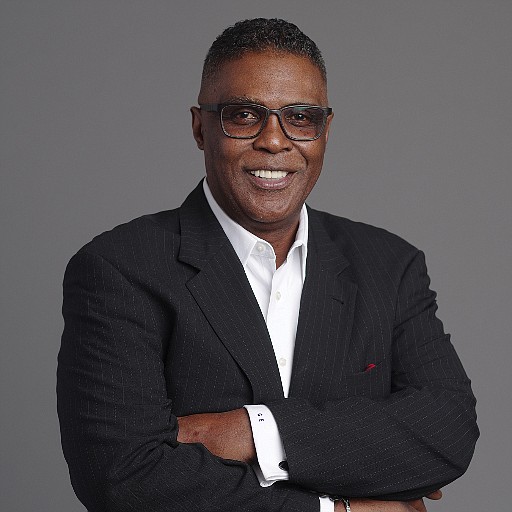Can we handle the truth about coronavirus? By Glenn Ellis
4/2/2020, 6 p.m.
Don’t you already know everything you need to know about coronavirus? What else is there for you to know that you haven’t already heard, you ask?
Every media outlet we turn on and everything we read in the papers inundates us with information about this rapidly evolving coronavirus crisis. On top of that, our “friends” are showing how smart they are by rushing to post every single natural/miracle cure, conspiracy theory and prediction on the end of the human race.
Even people I have known for years have all of a sudden become epidemiologists, medical doctors, scientists and researchers.
Regrettably, we have been done a disservice by both the media, as well as our well-intentioned friends. In spite of the best intentions, these new “experts” promote beliefs and folk remedies that could result in dangers equally as bad as coronavirus infection.
During this unprecedented disruption brought to all of our lives, some people are expressing concern that information was held back from them. Folks were upset because they wanted to hear the truth, or so they thought. Instead of continuing to pass on the mounds of gross misinformation and fear-driven behaviors, we should all be interested only in the truth.
Well, I’m not so sure we can handle the truth.
Let me share a few “truths” that not only have many of us heard about, but many things are specific to poor people and African- Americans in this country.
Call your doctor: For millions of black, brown and poor people in this country, that is not an option. As of 2019, roughly 27.5 million people didn’t have health insurance at any point last year, according to figures from the Census Bureau. In addition, an analysis from the Centers for Disease Control and Prevention and the Kaiser Foundation found that 31 percent of African-Americans and 47 percent of Hispanics don’t have a personal doctor.
This “truth” shows that a whole lot of people are left out when the CDC and other officials tell folks who are already hunkered down that if they think they have symptoms, “don’t go to the hospital; call your doctor first.”
Stay in place: This guideline to prevent the spread of coronavirus is probably among the most baffling to me. Some families have people live with them that aren’t related. Don’t forget, the communities with marginalized populations are the places where you find homeless shelters, halfway houses, safe houses and boarding houses. Add to that the many seniors and “sick and shut-in,” many of whom live alone.
The daily challenges in these scenarios means reliance on a variety of support systems in their social network — friends, families, caregivers, neighbors, etc. — as survival tools in everyday living is disrupted or no longer available.
Vulnerable populations: As defined by the World Health Organization, vulnerability is the degree to which a population, individual or organization is unable to anticipate, cope with, resist and recover from the impacts of disasters.
For purposes of the coronavirus pandemic, this includes those who are elderly, have weak immune systems, chronic diseases such as diabetes, heart disease and obesity, cancer and transplant patients.
It has long been established that African-Americans have the highest mortality rate from all causes and arguably the worst health status of any racial group in the United States. Just doing some rough calculations, it seems like no stretch of the imagination to conclude that more than half of all black folks in this country are a vulnerable population.
COVID-19 is real, it’s deadly and it’s going to be with us for possibly the rest of this year.
Please continue to pay attention to the information from credible sources.
The writer is an author and research bioethics fellow at Harvard Medical School.







